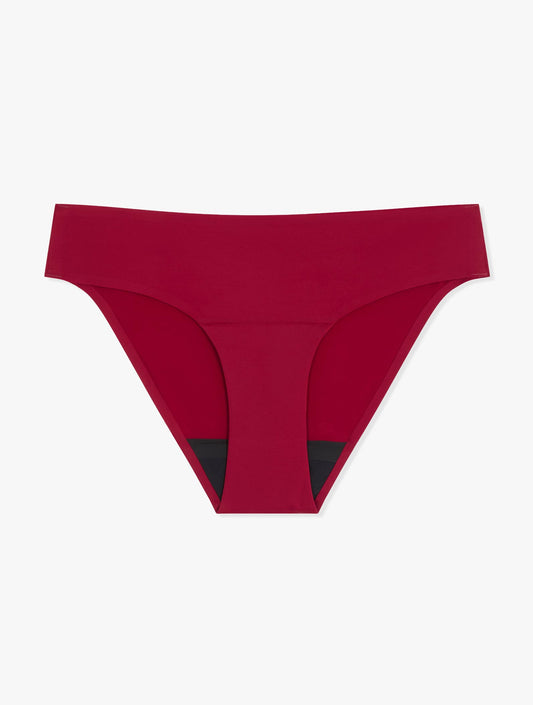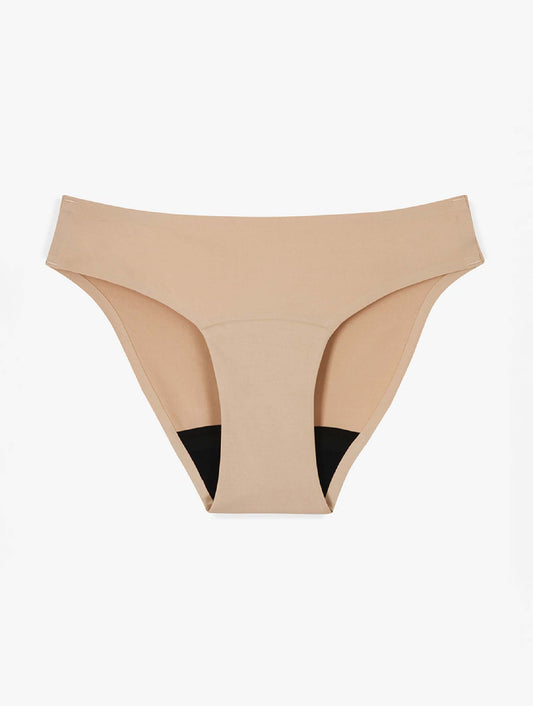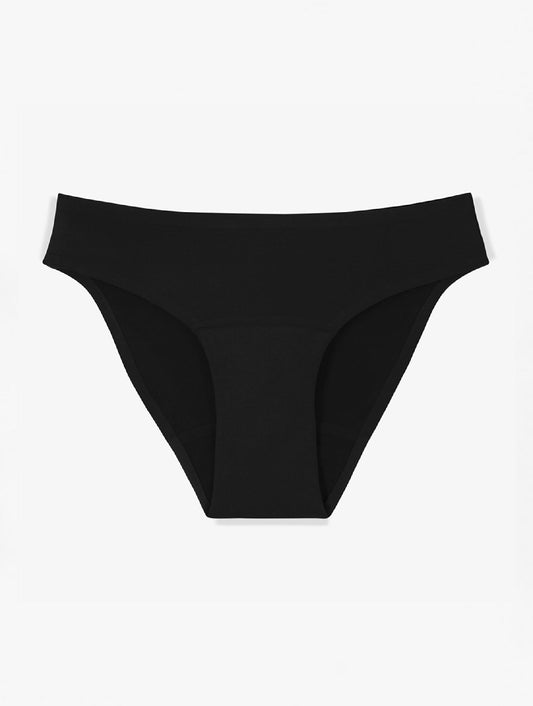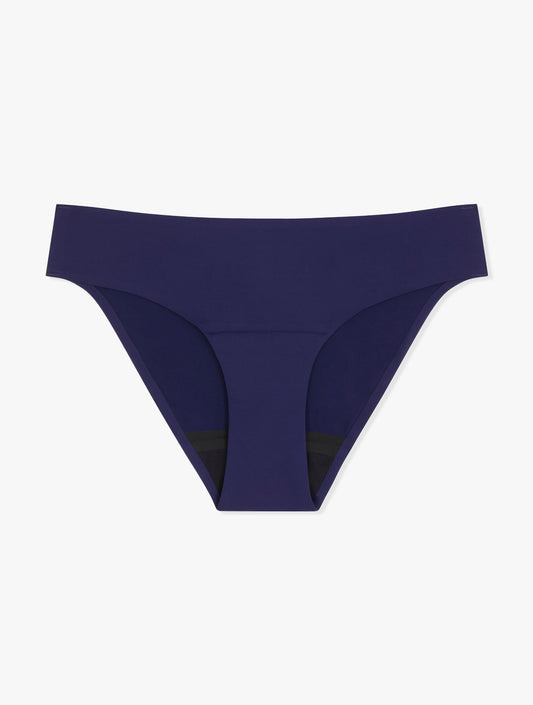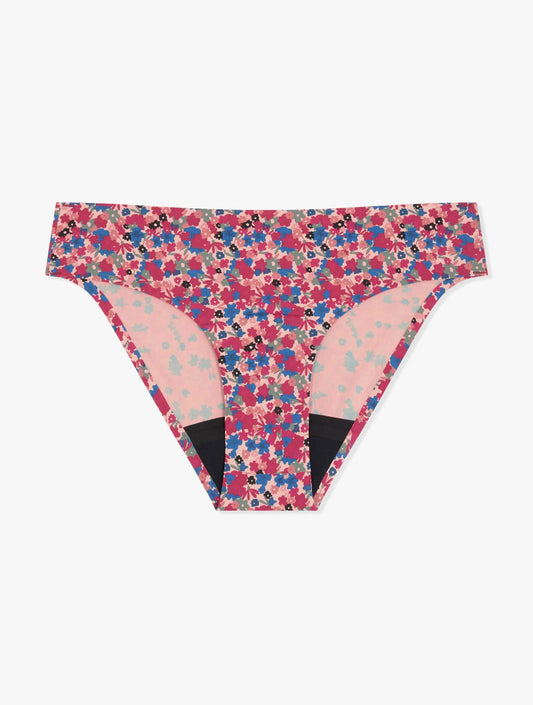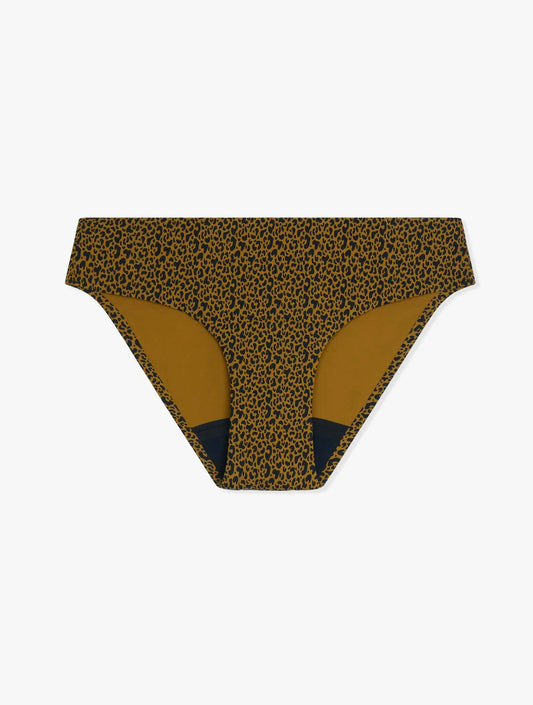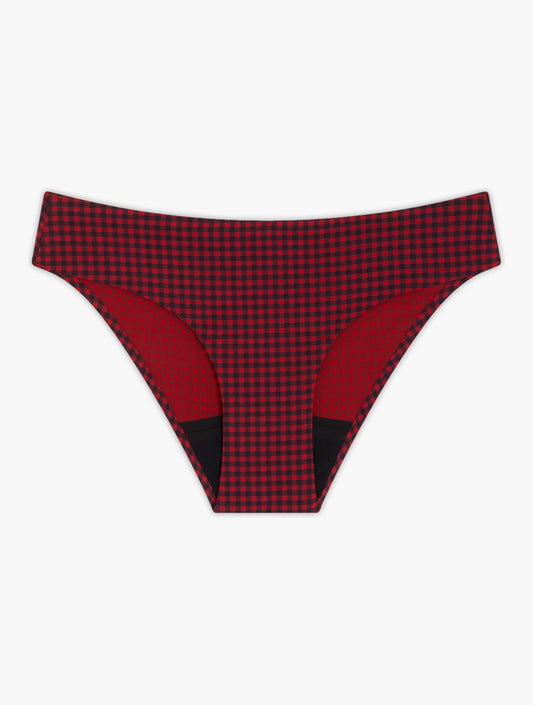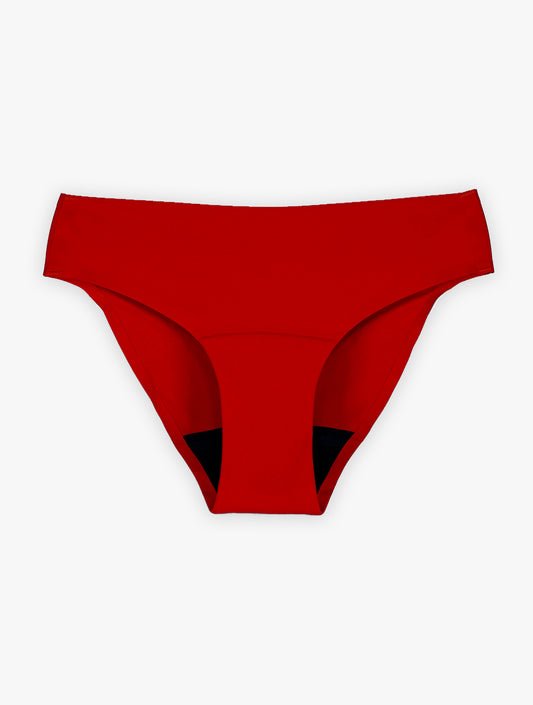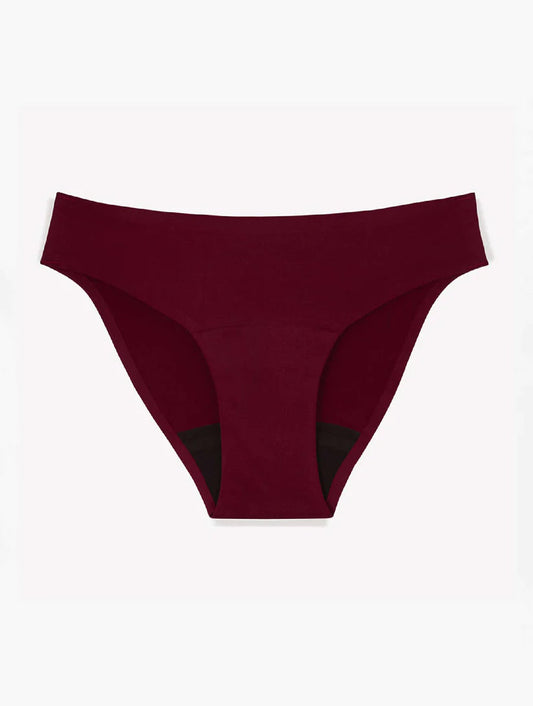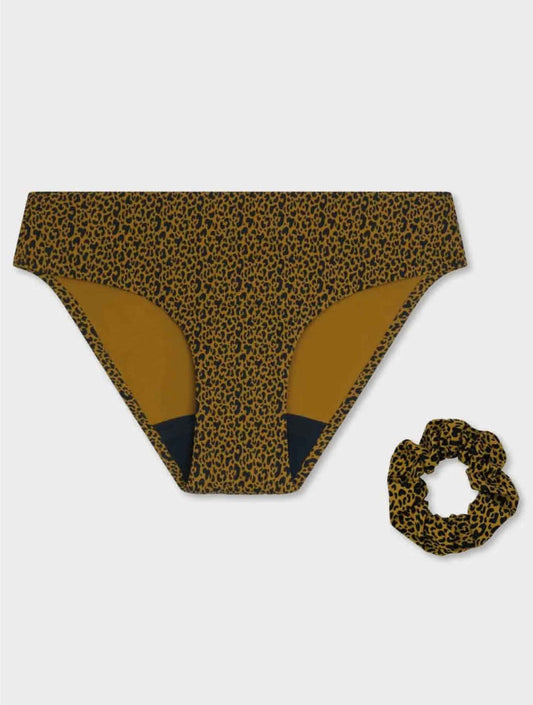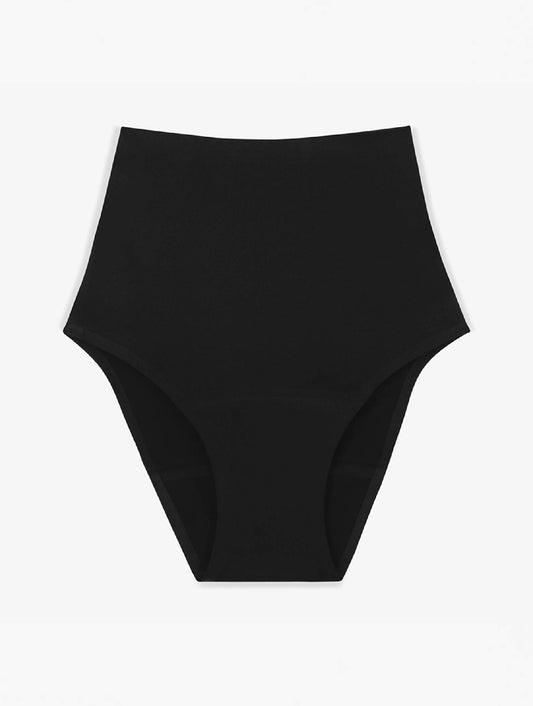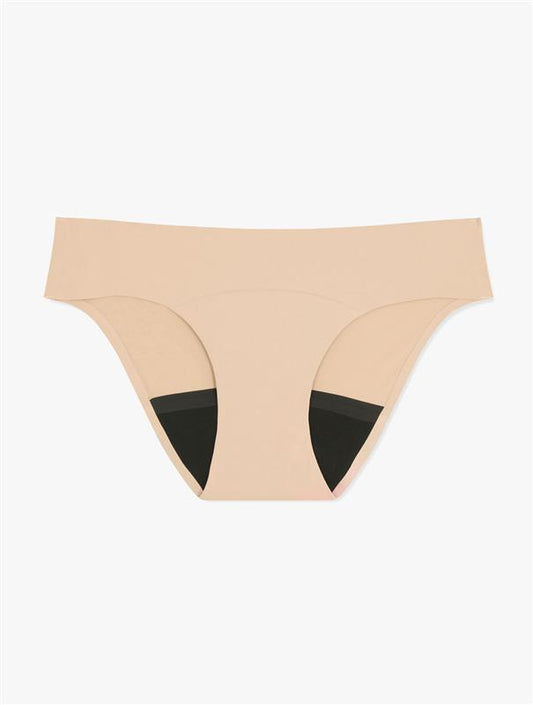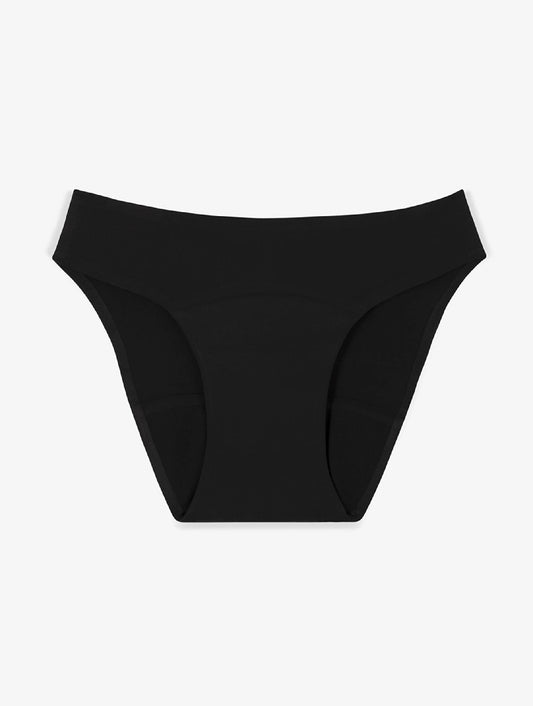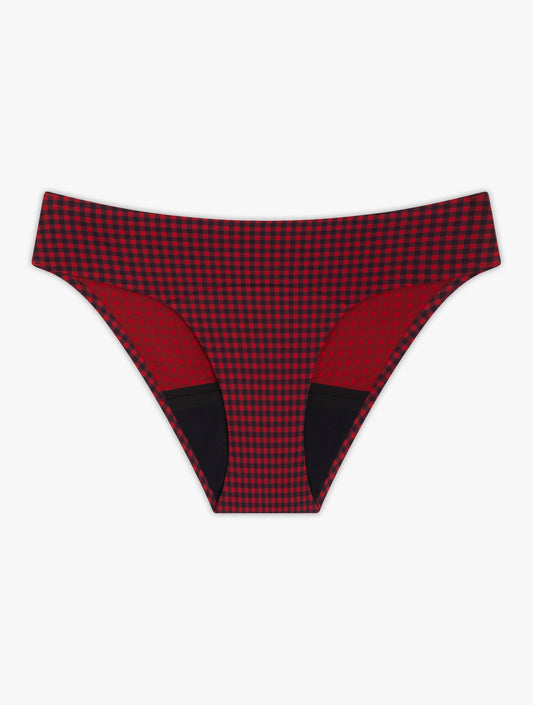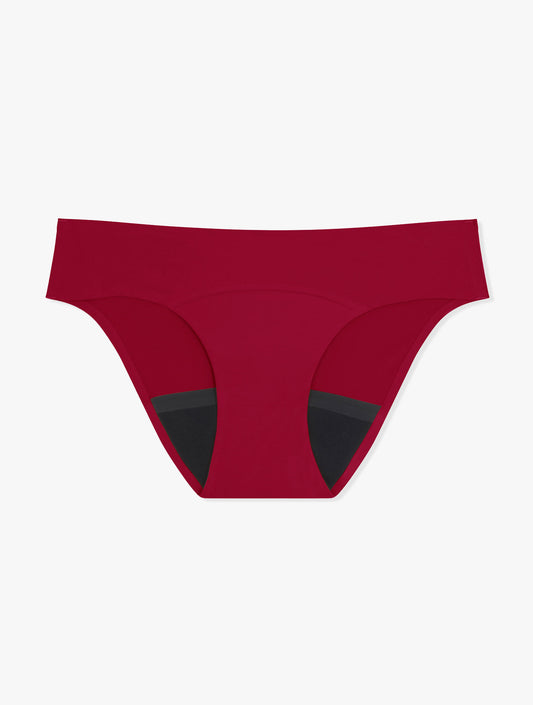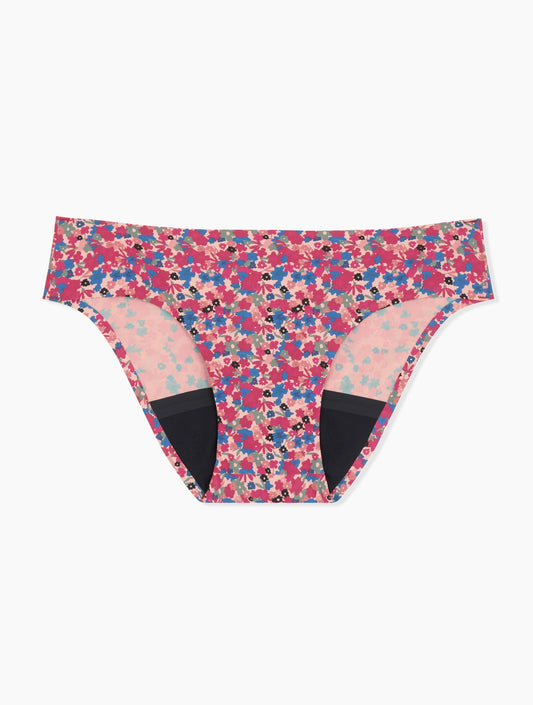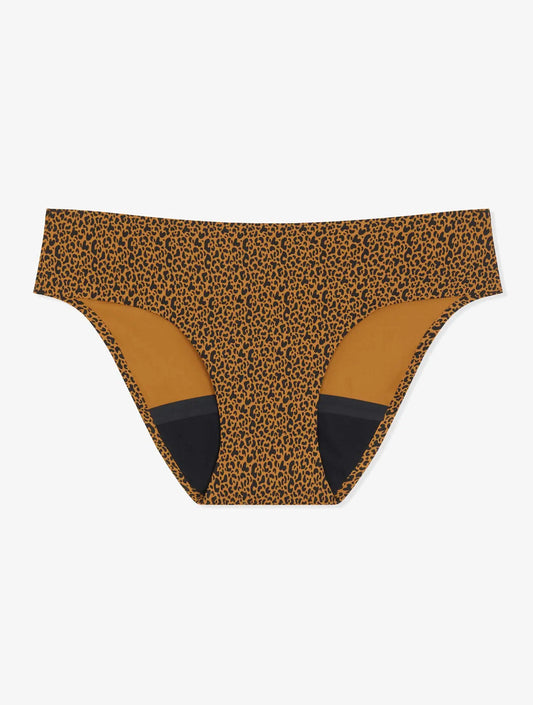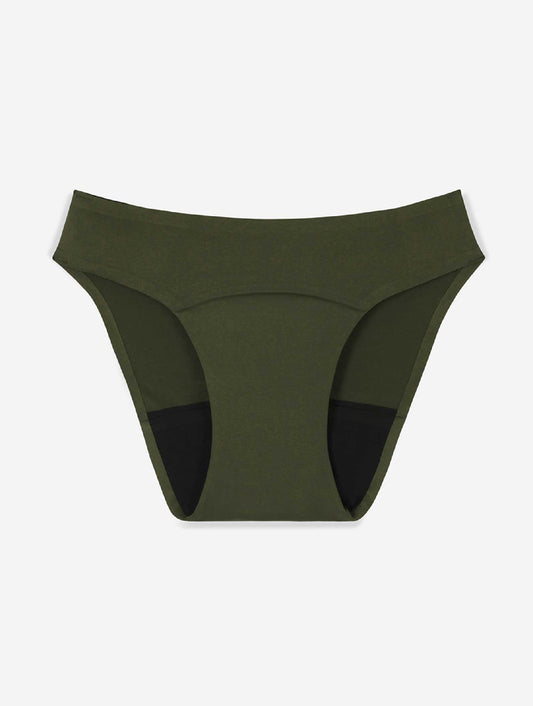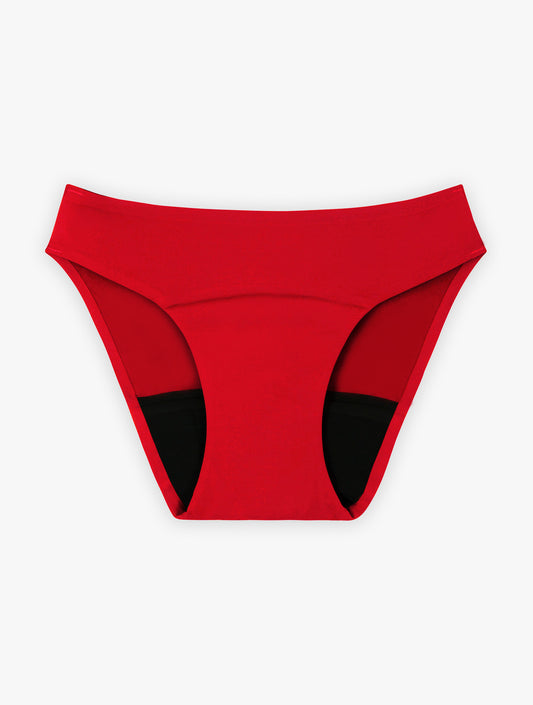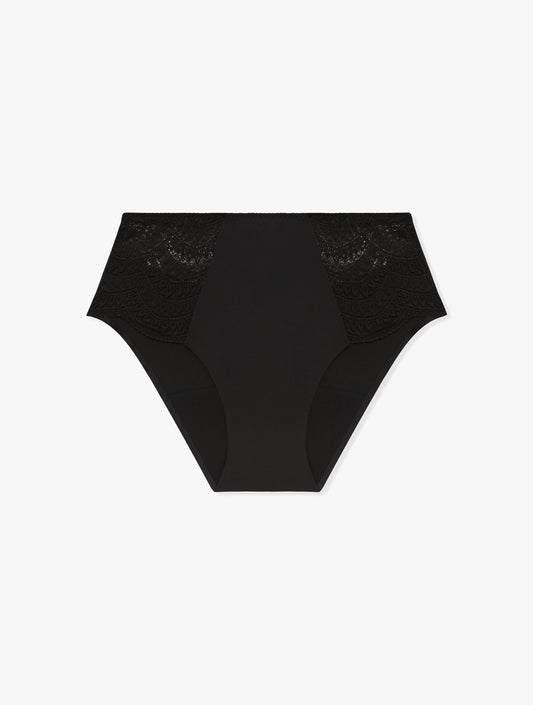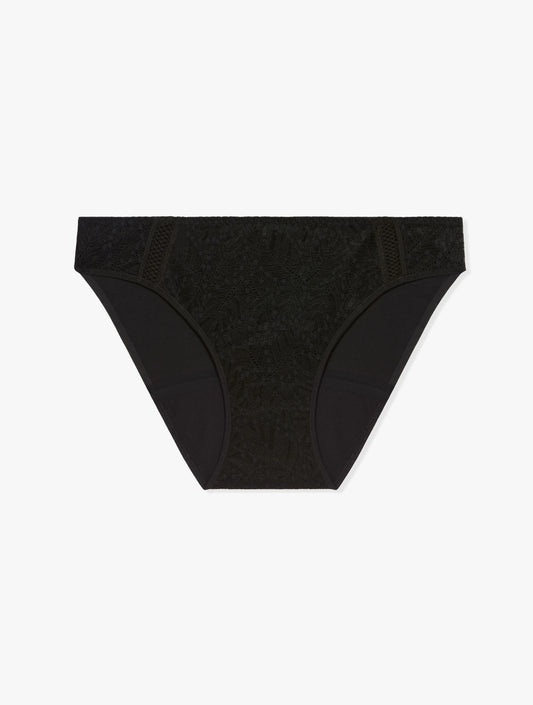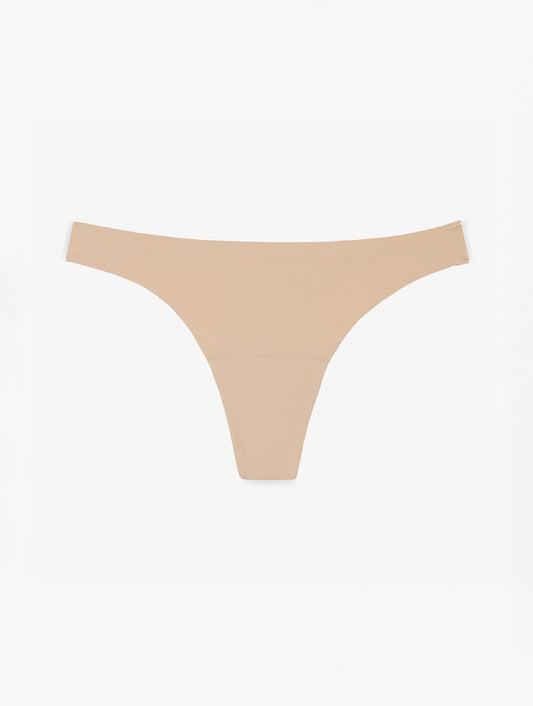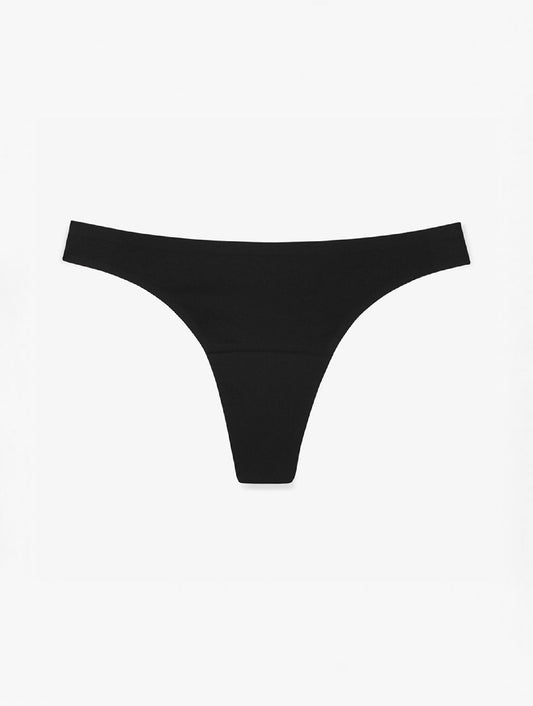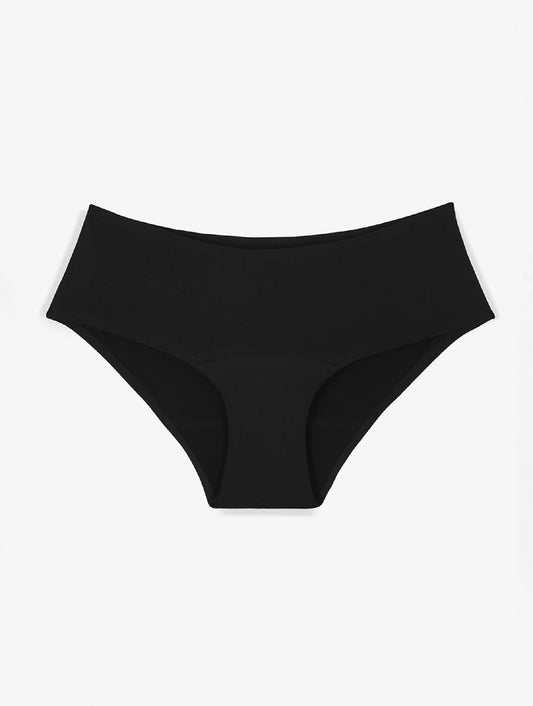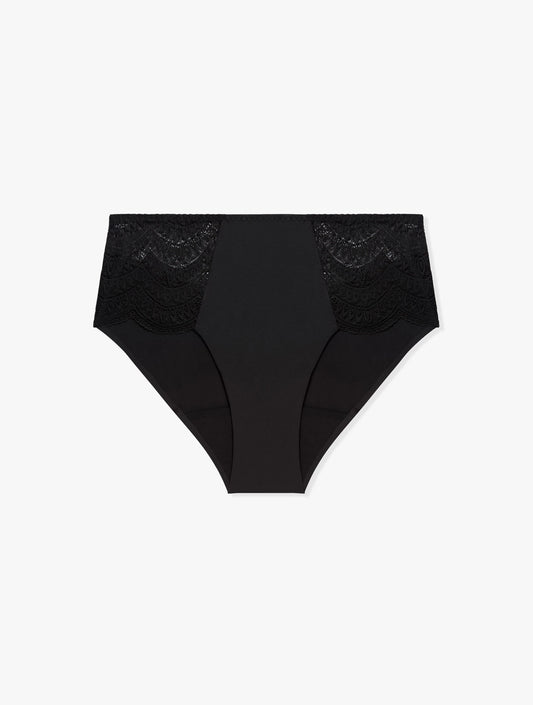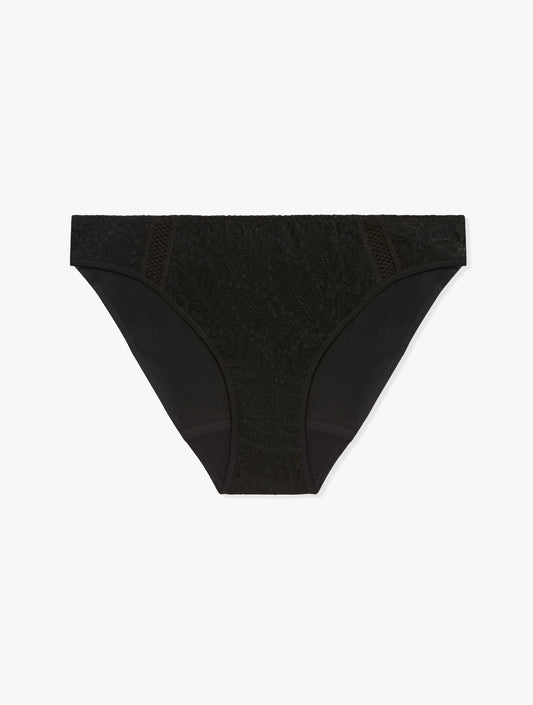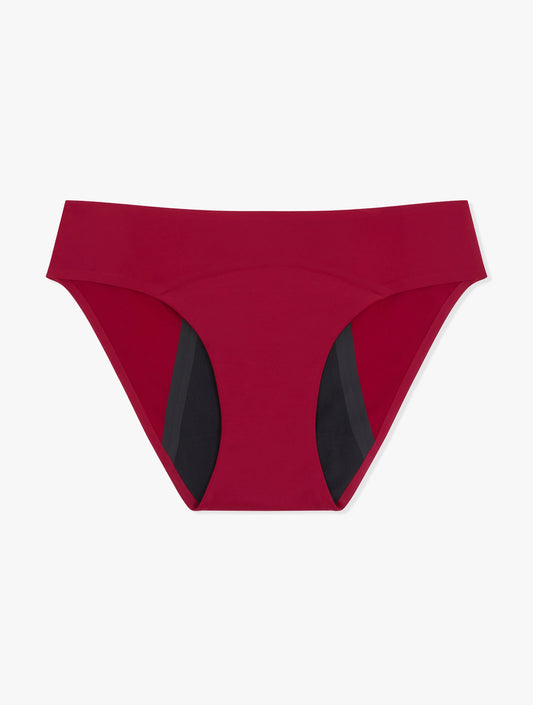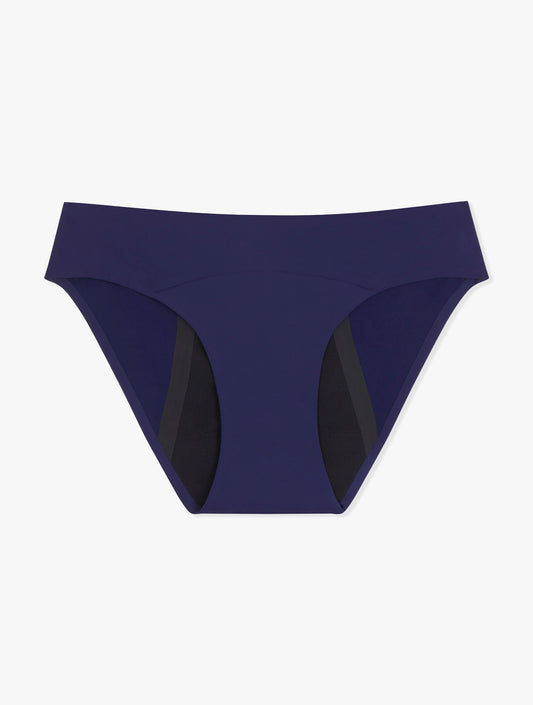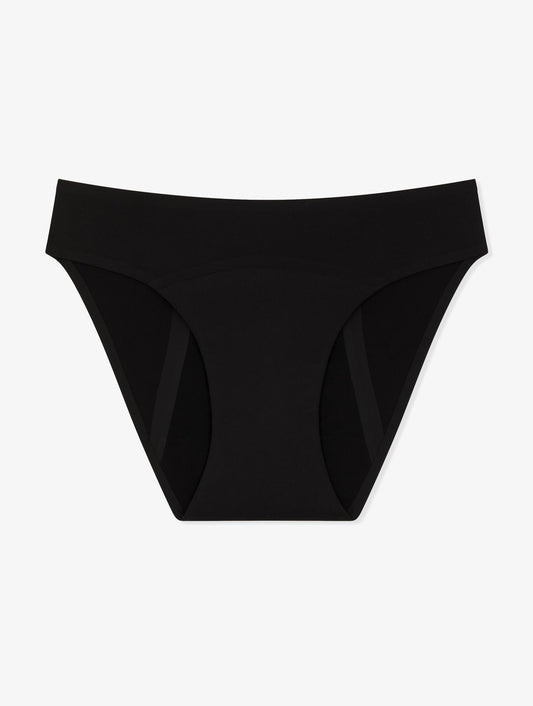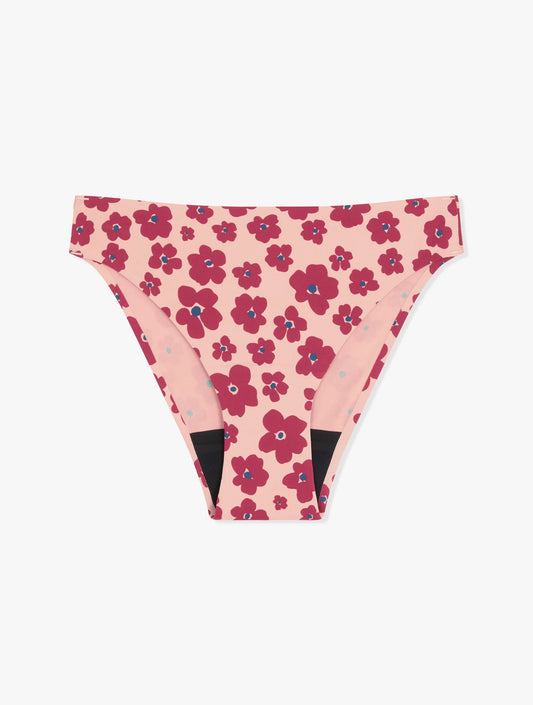Puberty in young girls
Puberty refers to the time when the body changes to become fertile. This period generally lasts 3 years and begins between the ages of 8 and 13. Many physiological changes then take place before the eyes of young girls who are often poorly informed about this obligatory passage.



Hébé period panties for teens
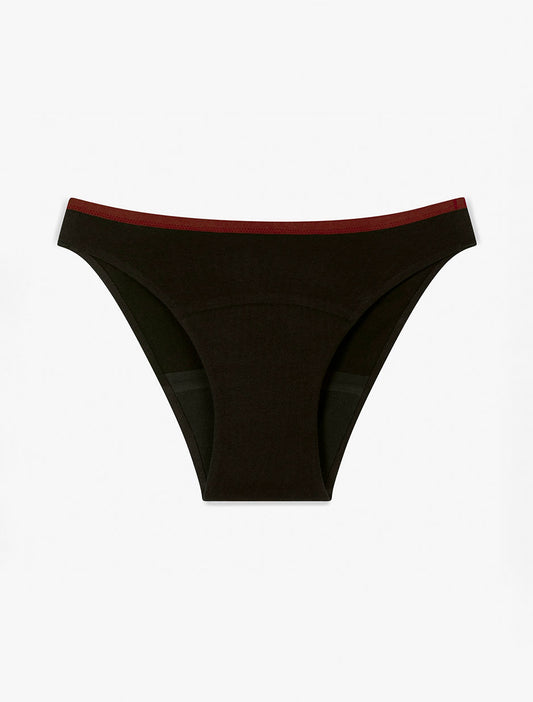

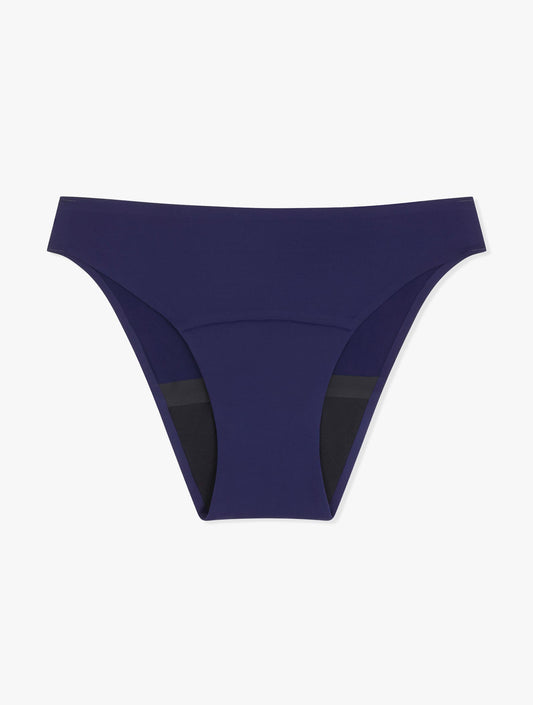



Brizo Period Swimsuit for teens
How does puberty manifest in young girls?
The first signs are often pain that appears between the ages of 10 and 11 in the chest area due to the development of the mammary glands. A few months later the first pubic hairs appear. Then, about a year later, armpit hair began to rear its head. At this time, the vulva also changes: the labia majora and the clitoris develop and tend to protrude. The first white losses also take place.
The apotheosis of all these transformations, the first periods begin around 12 or 13 years old. Of course, the ages mentioned are averages. Some girls will start their period at 16 years old. Beyond this age, it is important to consult a gynecologist because the absence of a period becomes worrying.
Getting through puberty well
The physical upheaval that puberty brings is not without moral consequences. While some will finally feel like a “woman”, a wish they have cherished for a long time, others will have difficulty coping with this radical change which suddenly takes them out of a childhood they do not want to leave behind.
The confusion and feelings that puberty can cause are rarely analyzed by young girls, due to a lack of experience and self-knowledge. Therefore, the means of communication used to express all this upheaval is not always understood: tantrums or crying for the most visible.
But pre-adolescent girls can indulge in more discreet behaviors by closing in on themselves or even becoming depressed. They can also engage in dangerous behavior without anyone realizing it.
Parents must therefore remain very attentive to their daughter while giving her the freedom she needs. Delicate balance to find! For their part, young girls must try to talk and express their emotions as much as possible. If communication is difficult with their parents, they can turn to their sisters, aunts and cousins, or their close friends. They also have the possibility of making an appointment with family planning where they will be listened to and advised, without judgment.
What hygienic protection should you choose during puberty?
Young girls who have their first period tend to naturally turn to external periodic protection. The idea of using a tampon or cup makes them understandably apprehensive. They know little about their anatomy and do not yet feel ready.
Menstrual panties seem to be the ideal hygienic protection , both for their health and for their comfort. In fact, they can wear it throughout their school day. No more repeated requests to go to the toilet to change their sanitary napkin! A real relief, especially for young girls wishing to remain discreet on this subject.
They will no longer have to worry about possible leaks either. Thanks to the innovative fabrics that make them up, the period panties are extremely absorbent and don't let anything pass through. No need to ask their friends to check their pants for stains!
By Emilie

